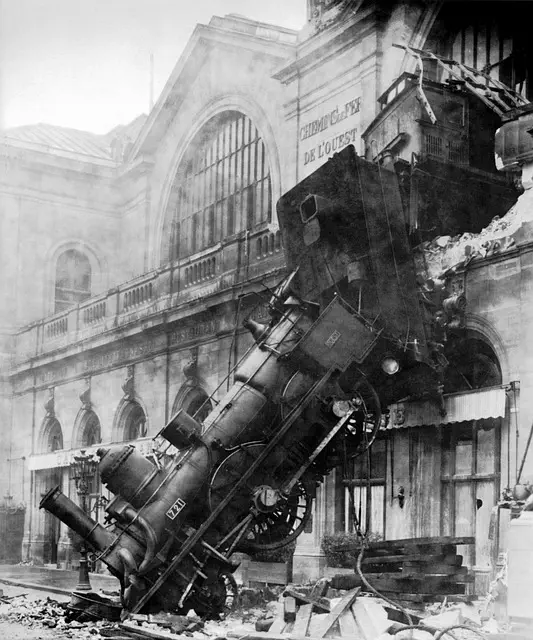In New York City, especially The Bronx, understanding closed head injuries (CHI) is vital for DWI defense due to the region's high traffic density. CHI, often overlooked in DWI cases, can cause cognitive impairments and affect driving abilities. Defense attorneys argue that impaired judgment from these invisible injuries may be more attributable to CHI than alcohol, aiming for favorable outcomes by presenting strong medical evidence. Keywords: closed head injury nyc
In the bustling metropolis of New York City, including The Bronx, driving while intoxicated (DWI) charges can carry severe consequences. One unexpected defense strategy gaining traction involves closed head injuries (CHI), which may be leveraged in DWI cases. This article explores navigating legal strategies for DWI charges in The Bronx, delving into the role of CHI as a potential defense and the importance of supporting evidence and expert testimony in these complex cases. Understanding these elements can significantly impact the outcome of your case.
- Understanding Closed Head Injuries: A Common DWI Defense in NYC
- Navigating Legal Strategies for DWI Charges in The Bronx
- Supporting Evidence and Expert Testimony for DWI Cases with Head Injuries
Understanding Closed Head Injuries: A Common DWI Defense in NYC

In New York City, especially in areas like The Bronx, understanding closed head injuries is a significant aspect of DWI (Driving While Impaired) defense strategies. These types of injuries are often cited as a potential mitigating factor in DWI cases, as they can impact an individual’s cognitive abilities and decision-making skills. Unlike more visible physical wounds, closed head injuries—also known as traumatic brain injuries (TBIs)—can be subtle but no less serious. They occur when the brain is damaged due to a bump, blow, or jolt without any external bleeding or scars. This makes them difficult to detect during initial examinations.
In DWI cases where blood alcohol content (BAC) levels are high, a defense attorney may argue that a client’s impaired judgment and coordination could be attributed to an underlying closed head injury, not solely the alcohol. Such injuries can lead to issues like memory loss, concentration difficulties, and even altered personalities—all of which might influence a person’s ability to drive safely. In NYC, where traffic density is high, understanding and presenting evidence of closed head injuries as part of a DWI defense strategy could significantly impact the outcome of a case.
Navigating Legal Strategies for DWI Charges in The Bronx

Navigating legal strategies for DWI charges in The Bronx requires a deep understanding of local laws and procedures, especially when dealing with complex medical conditions like closed head injuries (CHI). New York City, with its dense population and high traffic volume, presents unique challenges for drivers accused of DUI. A skilled defense attorney specializing in DWI cases can help clients navigate this intricate legal landscape.
They will meticulously examine the evidence, including blood alcohol content (BAC) readings, field sobriety test results, and police reports. Key to a successful defense is challenging any inaccuracies or procedural errors that may have occurred during the arrest and subsequent testing. Additionally, attorneys may consider mitigating factors, such as personal injuries like CHI, which can impact a defendant’s behavior and decision-making abilities at the time of the incident. Understanding these strategies is crucial for anyone facing DWI charges in The Bronx.
Supporting Evidence and Expert Testimony for DWI Cases with Head Injuries

In DWI cases involving individuals with a history of or current closed head injuries, gathering and presenting compelling evidence is paramount. Closed head injuries in NYC can be complex to navigate due to their often subtle nature and potential for long-term cognitive effects. Legal professionals must secure medical records that detail the extent and impact of the injury to challenge the prosecution’s case. Expert testimony from neurologists or neuropsychologists can provide crucial insights into how the injury may have influenced the defendant’s behavior, decision-making, and actions during the incident.
Presenting a comprehensive picture of the client’s condition before, during, and after the alleged DWI event can significantly strengthen their defense. This includes utilizing imaging reports, diagnostic tests, and witness testimonies to demonstrate that any impaired judgment or coordination was a direct result of the head injury, not alcohol consumption. Such evidence can help alleviate blame and potentially lead to more favorable outcomes in court.
In navigating the complex legal landscape of DWI charges in The Bronx, understanding the specific defense strategies, such as those involving closed head injuries, is crucial. These injuries, common yet often overlooked in NYC, can significantly impact a case. By leveraging supporting evidence and expert testimony, defendants can present compelling arguments that challenge the prosecution’s case. This strategic approach ensures fair representation and the potential for favorable outcomes for individuals facing DWI accusations.
